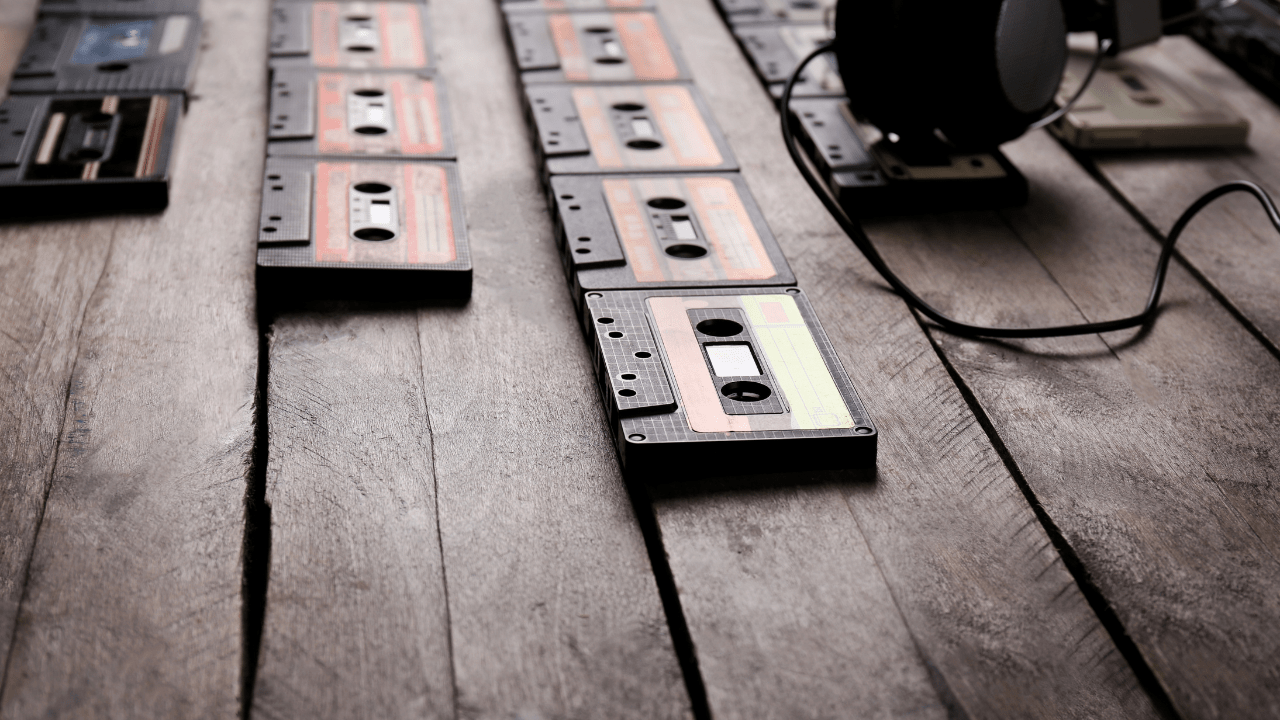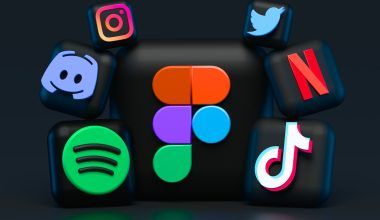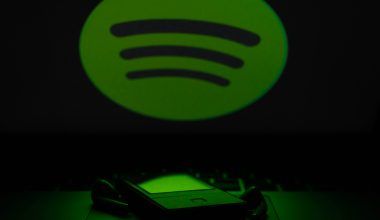If you’re a music enthusiast, you’ve probably come across the term “EP.” But what does EP mean? The EP full form in music is Extended Play. It’s a term used to describe a short collection of songs that is longer than a single but shorter than a full album.
Extended Plays, or EPs, have become a vital part of the music industry. They’re a creative and strategic way for artists to share their music. Whether you’re an artist or a fan, understanding EPs can help you appreciate the music creation process.
In this blog, we’ll explore the EP full form in music, its history, how it differs from albums and singles, and its growing importance in today’s digital era.
What Does EP Stand For in Music?
As mentioned, EP stands for Extended Play. It’s a format that falls between a single and an album.
- Single: Usually 1-2 songs, focused on promoting a hit track.
- EP: A collection of 3-5 songs, offering more variety without the commitment of a full album.
- Album: A longer project, typically featuring 8-12 tracks or more.
EPs are often used by artists to experiment, introduce new music, or engage fans without creating a full-length album.
History of the EP in Music
The concept of the EP dates back to the mid-20th century. Let’s take a closer look at how it all began.
1. The Origins (1950s)
The term “Extended Play” originated in the vinyl era. EPs were created to hold more music than a single 7-inch record but less than a 12-inch LP (long play). They often featured 4-5 tracks and were popular for genres like rock and jazz.
2. The Rock and Roll Era (1960s-70s)
During the 1960s, EPs gained popularity in the rock and roll scene. Bands like The Beatles and The Rolling Stones released iconic EPs as a way to share new music between album releases.
3. The Digital Revolution (2000s-Present)
With the rise of digital platforms like Spotify and Apple Music, EPs have found a new life. Artists use EPs to quickly release music, engage their audience, and adapt to the shorter attention spans of modern listeners.
Why Do Artists Release EPs?
EPs serve a variety of purposes in the music world. Here are some reasons why artists choose this format:
1. Experimentation
EPs give artists the freedom to try new sounds and styles without committing to a full album.
2. Cost-Effective Production
Producing an EP is less expensive than an album, making it an attractive option for independent artists.
3. Building Momentum
New artists often release EPs to introduce their music and build a fan base.
4. Maintaining Relevance
Established artists use EPs to stay in the spotlight between major album releases.
EPs are a versatile tool for musicians at any stage of their career.
How EPs Differ from Albums and Singles
It’s essential to understand how EPs differ from other music formats.
| Feature | Single | EP (Extended Play) | Album |
|---|---|---|---|
| Number of Tracks | 1-2 songs | 3-5 songs | 8-12 or more songs |
| Duration | Under 10 minutes | 10-25 minutes | Over 30 minutes |
| Purpose | Focused promotion | Showcase variety | Comprehensive body of work |
| Production Cost | Low | Moderate | High |
EPs strike a balance, offering more content than a single but requiring less effort than an album.
How to Create a Successful EP
If you’re an artist, creating an EP can be a powerful way to share your music. Here’s how to make it successful:
1. Define a Concept
An EP should have a cohesive theme or story. Whether it’s love, growth, or a specific genre, focus on a unifying idea.
2. Select Strong Tracks
With limited space, every song on an EP needs to stand out. Choose tracks that best represent your sound.
3. Focus on Quality
Even with fewer songs, production quality matters. Invest in good recording, mixing, and mastering.
4. Promote Your EP
Use social media, streaming platforms, and live performances to promote your EP. Create buzz with teasers and visuals.
A well-executed EP can attract new fans and open doors to more opportunities.
Famous EPs in Music History
Some EPs have become legendary, proving that short collections can leave a big impact.
- “The Fame Monster” by Lady Gaga: A critically acclaimed EP that expanded on her debut album.
- “Jar of Flies” by Alice in Chains: An acoustic EP that topped charts and won fans worldwide.
- “Collide” by Ed Sheeran: An EP that introduced Ed Sheeran to the mainstream music scene.
These EPs show the potential of the format to make waves in the music industry.
The Role of EPs in Today’s Music Industry
EPs have adapted to the changing landscape of music consumption.
1. Perfect for Streaming
With the rise of platforms like Spotify, EPs are ideal for engaging listeners who prefer shorter playlists.
2. Accessible for Independent Artists
EPs give independent musicians a cost-effective way to release music and connect with fans.
3. Audience Engagement
Fans appreciate EPs for their digestible length and ability to offer fresh content.
EPs are more relevant than ever, bridging the gap between singles and albums.
The Future of EPs
EPs continue to evolve as technology and music consumption habits change. Here’s what the future might hold:
- AI in Music Production: AI tools could help artists create and refine EPs more efficiently.
- Immersive Audio: EPs might incorporate 3D or spatial audio for a richer listening experience.
- Global Collaboration: EPs will likely feature more cross-cultural collaborations as the music industry becomes increasingly globalized.
EPs are here to stay, offering endless possibilities for creativity and connection.
Conclusion:
The EP full form in music, Extended Play, represents more than just a collection of songs. It’s a creative format that allows artists to express themselves, experiment with new sounds, and connect with their audience.
Whether you’re a listener enjoying your favorite EP or an artist planning your next release, the Extended Play format has something to offer. It’s a testament to the evolving world of music and the endless possibilities of artistic expression.
So, next time you hear about an EP, remember its significance. It’s not just a short album; it’s a powerful way to share and experience music.
Related Articles:
For further reading, explore these related articles:
- Extended Play (EP): What It Is and Why It Matters in Music
- Electronic Press Kit: Your Guide to Building the Perfect EPK
- Independent Artists: The Ultimate Guide to Music Success
For additional resources on music marketing and distribution, visit Deliver My Tune.






